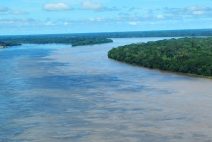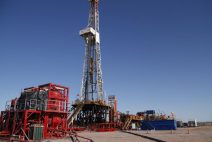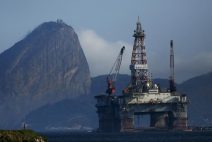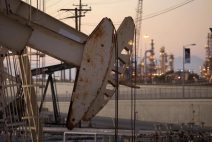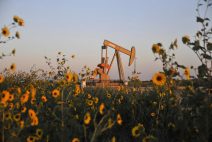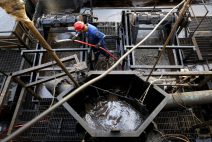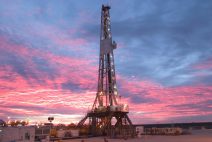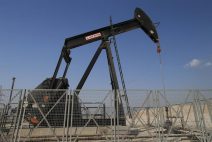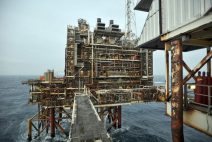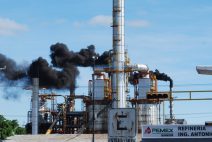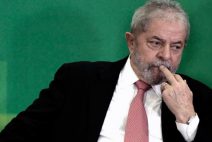Brazilian President Luiz Inácio Lula da Silva reaffirmed his commitment to the energy transition but stated that his country will continue exploiting oil because "the world is not yet prepared" to forgo fossil fuels.
"I am in favor of an energy transition, but the reality is that the world is still not ready" to abandon oil, which in Brazil's case, now one of the world's major producers, has appeared on a new horizon, located offshore, 575 kilometers from the mouth of the Amazon River.
These deposits, located in the area known as the Equatorial Margin, are considered risky from an ecological standpoint because they are near a sensitive and resource-rich coastal zone.
Although Lula expressed his desire that "in a few years no more oil will be exploited," he maintained that fossil fuels are still necessary and even will be the means to finance the transition to a cleaner development model.
He argued that in the same area where the Equatorial Margin deposits are located, Guyana is already extracting oil, so the risk "is present."
However, he assured that the Brazilian state oil company Petrobras "has already demonstrated its historic capacity" to exploit deep-water oil fields and guaranteed that, in the case of these deposits, Brazil "will not do anything reckless."
He emphasized his government's commitment to environmental preservation, an issue that, along with combating poverty and hunger, and reforming global governance, he has placed among the most relevant topics of the Brazilian presidency of the G20, which concludes next November.

